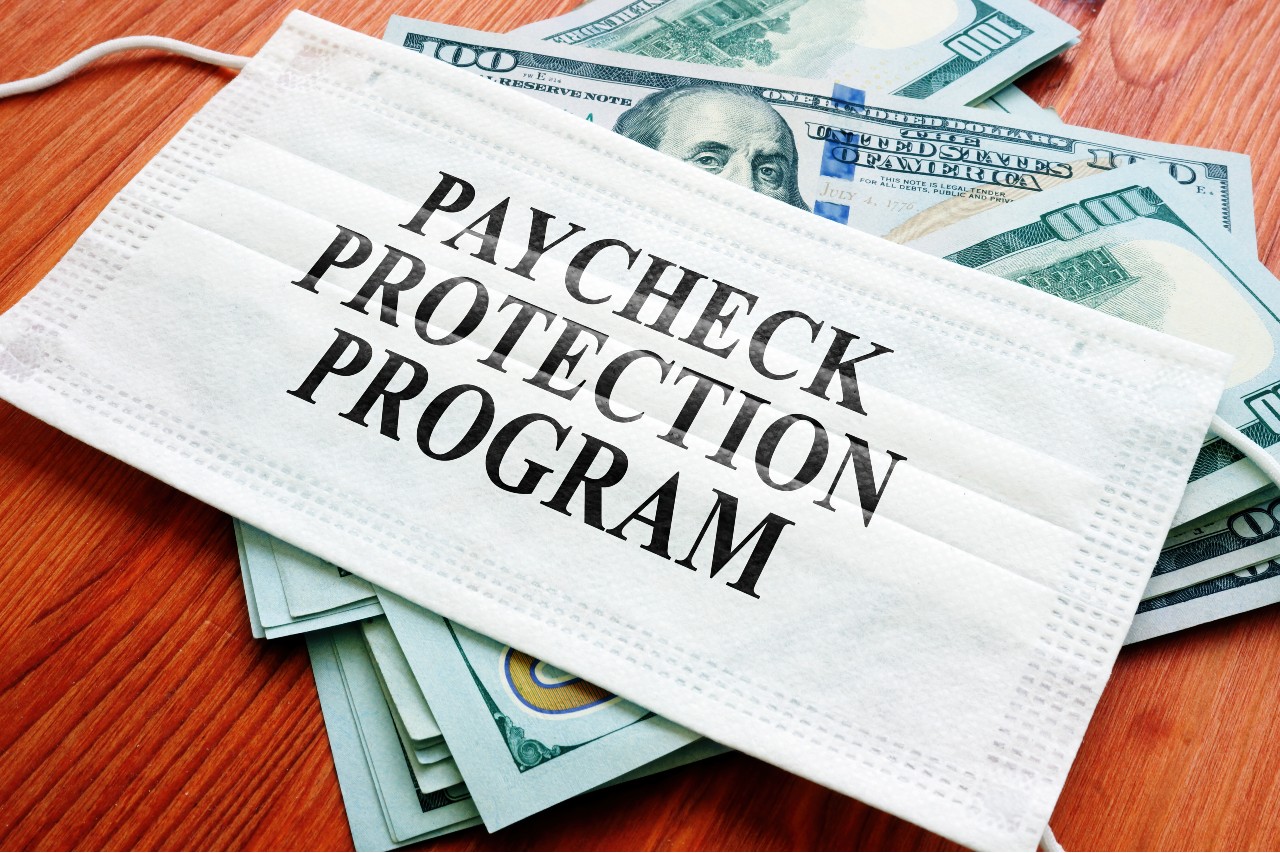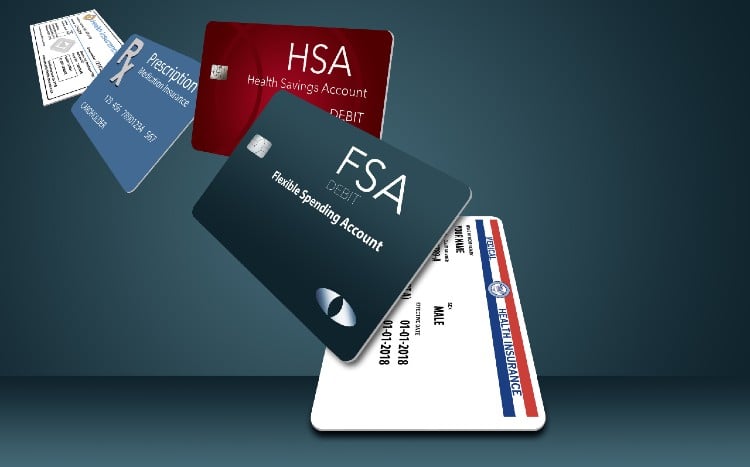About The Author
CONNECT WITH THIS AUTHOR
Market Insights
Navigating today's benefits compliance landscape
June 07, 2021
June 07, 2021
February 08, 2021
January 26, 2021
January 19, 2021
Trending Stories
- 1Mark Cuban praises Trump's PBM executive order, predicts 'hundreds of billions' in savings
- 2401(k) contribution limit projections for 2026: Milliman
- 3UnitedHealth CEO objects to critics' 'obsession' with PBMs' role in drug supply chain
- 4Eli Lilly’s new GLP-1 weight loss drug, in pill form, would be more affordable than Ozempic
- 5Arkansas law bans PBM ownership of pharmacies








